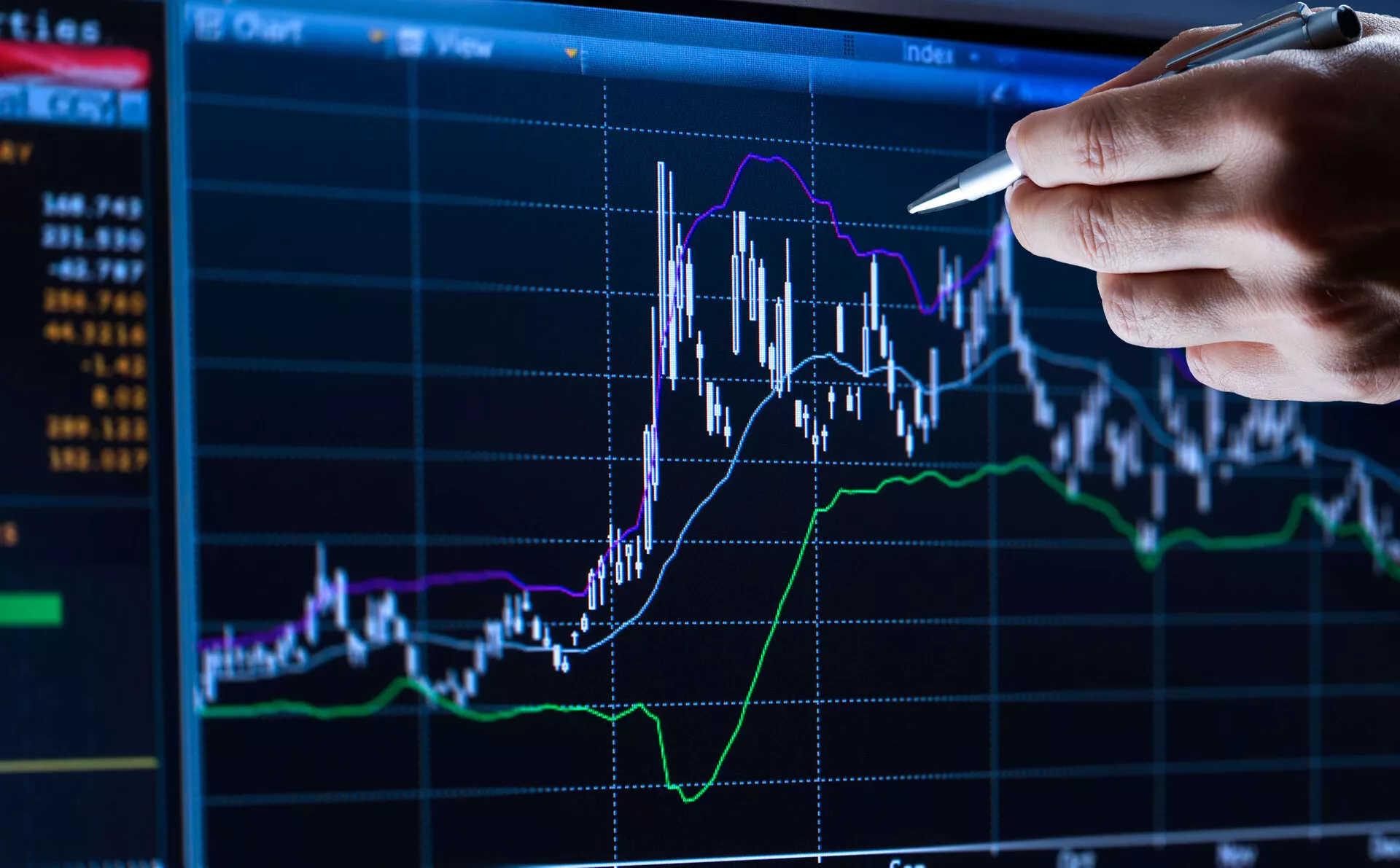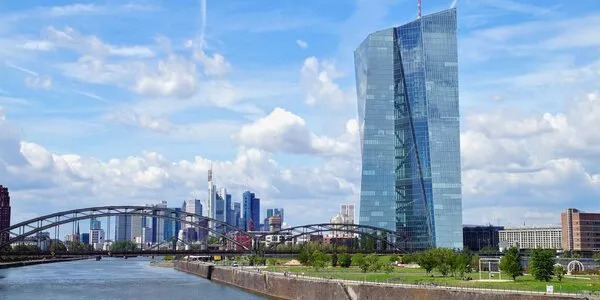
Weekly Update - China growing fears of "japanification" of the economy
While the end of sanitary restrictions at the beginning of the year had resulted in high expectations for China's economic recovery, data in recent months show a very moderate recovery. One of the reasons for this weakness is the continuing difficulties of the real estate sector, the country's main economic and financial sector, which constrains the dynamics of consumption and investment. The risk of this situation is that, without significant restructuring of the sector or a major support package from the government, the Chinese economy will follow Japan's deflationary trajectory after the housing bubble burst.
A weak economic recovery despite the end of sanitary restrictions. After almost 3 years of severe sanitary, the Chinese government lifted most of the restrictions late last year, leading to a significant upward revision of the economic and financial outlook. Indeed, the savings accumulated during the years of confinement were to allow a rapid catch-up of consumption. However, activity and inflation data in recent months show that economic growth remains on a moderate trajectory. Indeed, household consumption is much weaker than expected, with retail sales showing growth of only 2% for this first part of the year, well below the pre-Covid trend. Industrial production and exports are also showing weak growth. In this context, and unlike other major economies, China is experiencing very low inflation. .
Real estate tensions that weigh on activity. One of the reasons for the economic underperformance is the continuing tensions in the real estate sector and concerns about its solvency. Since the Lehman financial crisis, the Chinese authorities have revived the economy with plans largely based on infrastructure and residential real estate development. These stimuli were financed mainly by Chinese banks and local authorities, at the cost of a sharp increase in debt. Thus, private sector debt in China has risen from 111% of GDP in 2008 to 220% at the end of 2022 with the real estate sector becoming the country's main economic sector and financial asset. Fears about the solvency of real estate developers and the fall in real estate prices have resulted in a slowdown in investment but also in a still sluggish household consumption. The explanation is that a significant part of household savings is invested in real estate: the fall in household prices plays as a brake on the spending of Covid savings. As a result of these elements, we decreased our exposure to the Chinese equity market in Q2-23.
A risk of Japanification of the economy. The Chinese authorities have significant leeway to stabilize the real estate sector but seems slow to activate them. In this context, the main fear is that the Chinese economy will follow a similar dynamic to that of the Japanese economy following the bursting of the real estate bubble of the 90s. Indeed, the current economic situation shares many elements with Japan in the 80s and in particular the strong growth of private debt in local currency to finance real estate. The bursting of Japan's housing bubble resulted in a prolonged period of private sector deleveraging, weak private consumption and investment, and price contraction.
Finally, in the main events of the week, we have chosen to talk about European PMI surveys for August and to focus on the Federal reserve Jackson Hole symposium.




